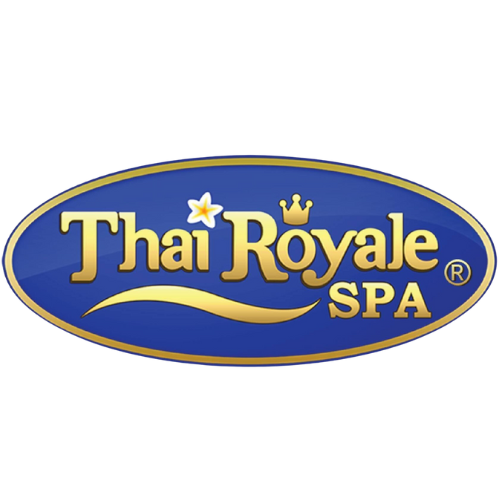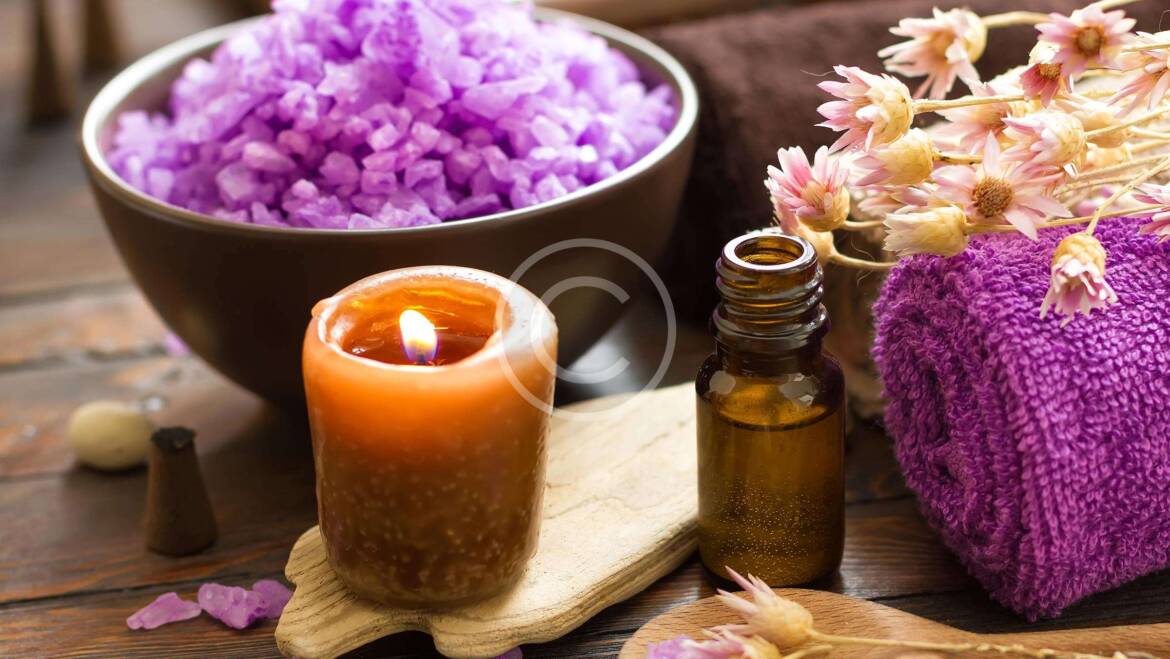Massage therapy is renowned for its myriad benefits, from stress reduction to pain relief, but there are circumstances where it may not be advisable or safe. While massage is generally considered safe for most people, there are situations when caution should be exercised. In this article, we’ll explore when massage is not a good idea and when it’s essential to consult with a healthcare professional before scheduling a session.
1. Infectious Skin Conditions
If you have an active skin condition, such as a contagious rash, open wounds, or severe acne, it’s best to postpone your massage. Not only can massage exacerbate the condition, but it can also potentially spread the infection to others. It’s essential to let your massage therapist know about any skin issues before your session, so they can provide appropriate guidance.
2. Fever or Acute Illness
When you’re running a fever or suffering from an acute illness, your body needs rest and recovery, not additional stress. Massage increases circulation, which can further strain the body’s resources when you’re unwell. It’s best to wait until you’ve fully recovered before scheduling a massage.
3. Recent Surgery or Injury
If you’ve recently undergone surgery or sustained an injury, it’s crucial to consult with your healthcare provider before getting a massage. While massage can be beneficial during the healing process, it needs to be approached with caution to avoid exacerbating the condition or interfering with the healing process.
4. Certain Medical Conditions
Individuals with specific medical conditions should exercise caution when considering massage. Conditions such as deep vein thrombosis (DVT), clotting disorders, severe osteoporosis, or certain types of cancer may require special considerations or even contraindicate massage. Always consult with your healthcare provider and inform your massage therapist of any underlying medical conditions before your session.
5. Pregnancy Complications
While prenatal massage can be highly beneficial for expectant mothers, it’s crucial to communicate any pregnancy complications with your massage therapist. Certain conditions, such as preeclampsia or a history of preterm labor, may require modifications or precautions during a prenatal massage. Always consult with your obstetrician or midwife before scheduling a session.
6. Medication Interactions
If you’re taking medications that affect blood pressure, circulation, or blood clotting, it’s essential to discuss this with your massage therapist. Some medications can interact with massage techniques, potentially leading to adverse effects or complications. Open communication between you, your healthcare provider, and your massage therapist is key.
7. Personal Comfort
Lastly, it’s essential to remember that massage is a personal experience, and your comfort and well-being should always be the priority. If you’re feeling unwell, overly fatigued, or emotionally distressed, it may be a good idea to reschedule your session. Massage is most beneficial when you’re in a relaxed state of mind and body.
In conclusion, while massage therapy is generally safe and beneficial for many people, there are circumstances when it may not be advisable. Always prioritize your health and well-being, communicate openly with your massage therapist, and consult with your healthcare provider when in doubt. By doing so, you can ensure that your massage experience remains a positive and safe journey to relaxation and well-being.
Regenerate


Add Comment